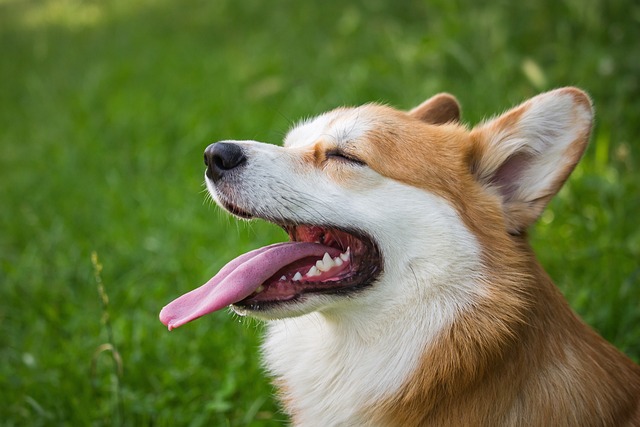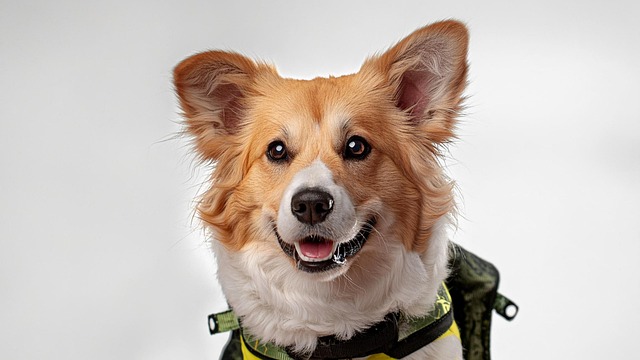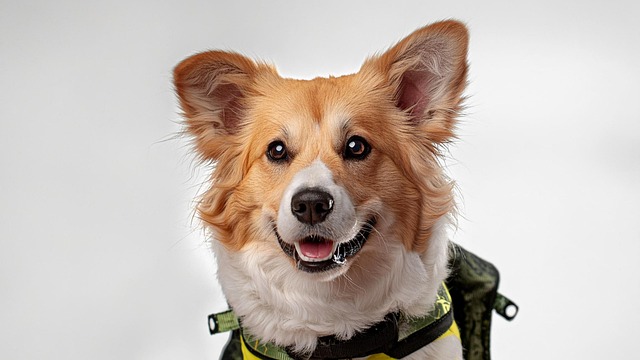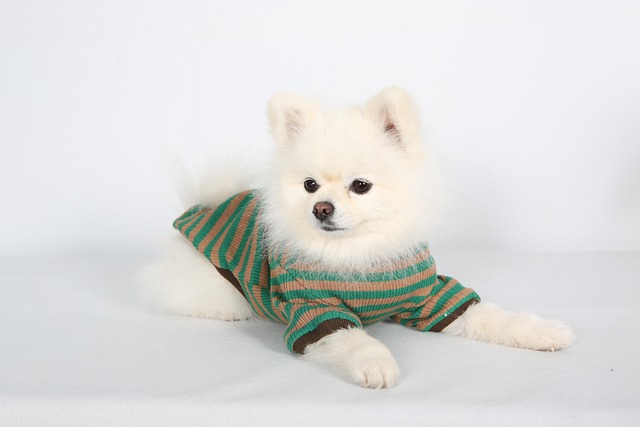
What vitamin is good for dogs' skin
Seeing your dog constantly scratch or noticing dry, flaky skin can make you wonder if a simple vitamin might be the solution.
Seeing your puppy grow daily is amazing, and it’s natural to want to give them every advantage, including supplements. But before you add anything to their diet, it’s crucial to understand that a high-quality puppy food formulated to meet AAFCO (Association of American Feed Control Officials) standards for "growth" or "all life stages" is designed to provide complete nutrition. For most puppies, this means additional supplements are unnecessary and can even be harmful, throwing off the careful balance of nutrients like calcium and phosphorus that is critical for proper skeletal development. The most important "supplement" you can provide is the food itself, in the correct portion for their breed size and age. However, there are specific, vet-recommended scenarios where a supplement can be beneficial, such as omega-3 fatty acids for brain development or a probiotic after a course of antibiotics or a bout of digestive upset.
Your first and most important step is always a conversation with your veterinarian. They are your partner in navigating your puppy’s specific needs. At your puppy’s vaccination appointments—which are mandatory for diseases like rabies, as required by law—your vet can assess your puppy’s body condition and discuss their diet. They might recommend a supplement only if there’s a diagnosed deficiency, a specific health concern, or if your puppy is on a homemade diet that lacks certain nutrients. For example, large breed puppies might sometimes benefit from a glucosamine supplement for joint support, but this should never be started without professional guidance. This science-based, cautious approach ensures you are supporting healthy growth without accidentally causing harm, which is the foundation of responsible puppy care.

Your puppy’s health is also supported by their overall routine and environment, not just what’s in their bowl. Using positive reinforcement training with their regular kibble as rewards is a fantastic way to provide mental stimulation and build good habits without over-supplementing. This force-free method is the culturally expected standard for building a trusting relationship. Furthermore, a healthy puppy will have more predictable potty habits, making it easier to fulfill your community responsibilities. Always carrying waste bags to clean up immediately during potty training is not just a legal obligation in most areas, but a fundamental sign of respect for your neighbors. For apartment dwellers, this is especially important for maintaining good relationships. Remember, the best supplements are often preventative care: a complete diet, proper vaccinations, regular deworming, and a loving, low-stress home environment where your puppy can thrive.

Seeing your dog constantly scratch or noticing dry, flaky skin can make you wonder if a simple vitamin might be the solution.

If you’re a new dog parent in the US—maybe you’re sitting on your Portland apartment couch, staring at your 1-year-old Australian Shepherd

If you’re a new dog parent in the US—maybe you’re sitting on your Atlanta apartment floor, holding your 6-week-old Beagle puppy, Daisy, who’s curled up in your lap

If you’re a new dog parent in the US—maybe you’re standing in your Denver apartment’s kitchen, staring at a bag of high-quality puppy kibble and a bottle

Seeing your puppy grow daily is amazing, and it’s natural to want to give them every advantage, including supplements.

Brown stains on white dog fur aren’t just unsightly—they can also hint at underlying issues like tear duct irritation or poor grooming habits, which matter even more when you’re following local pet care laws.